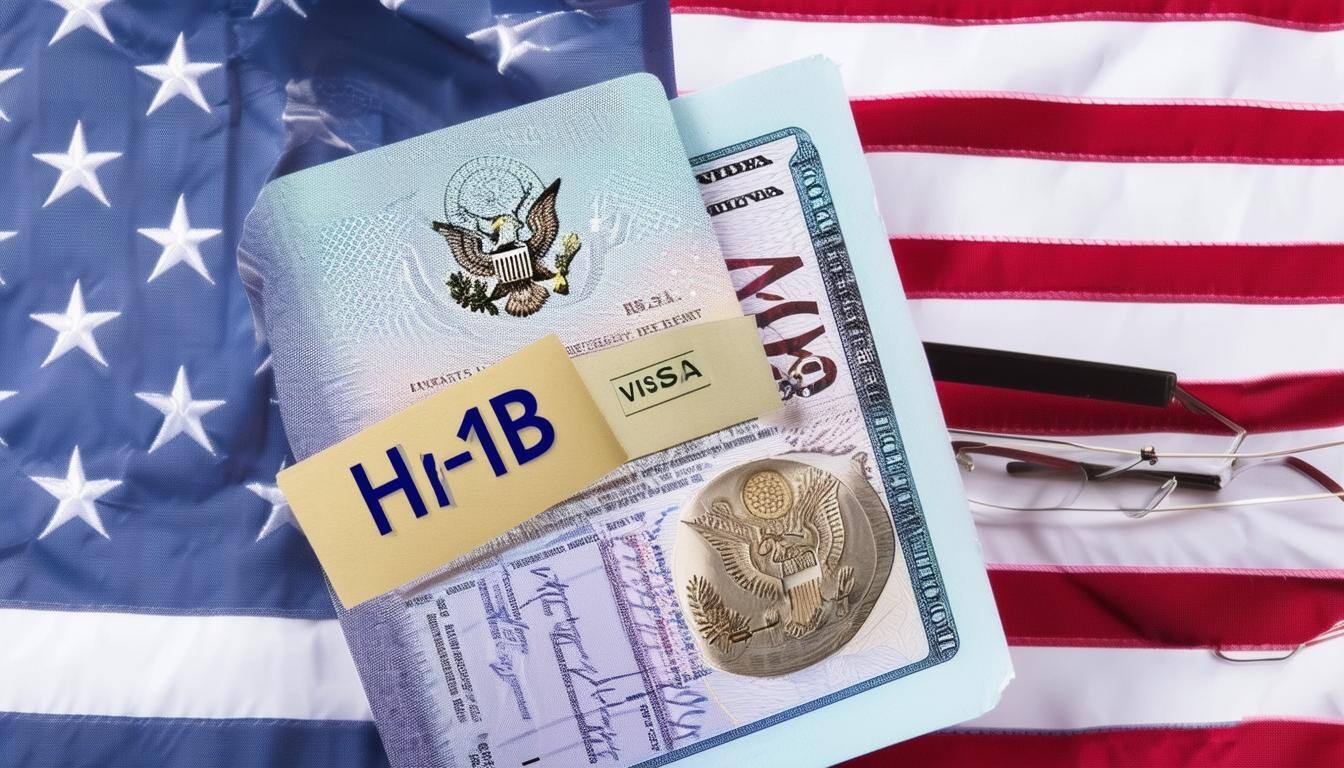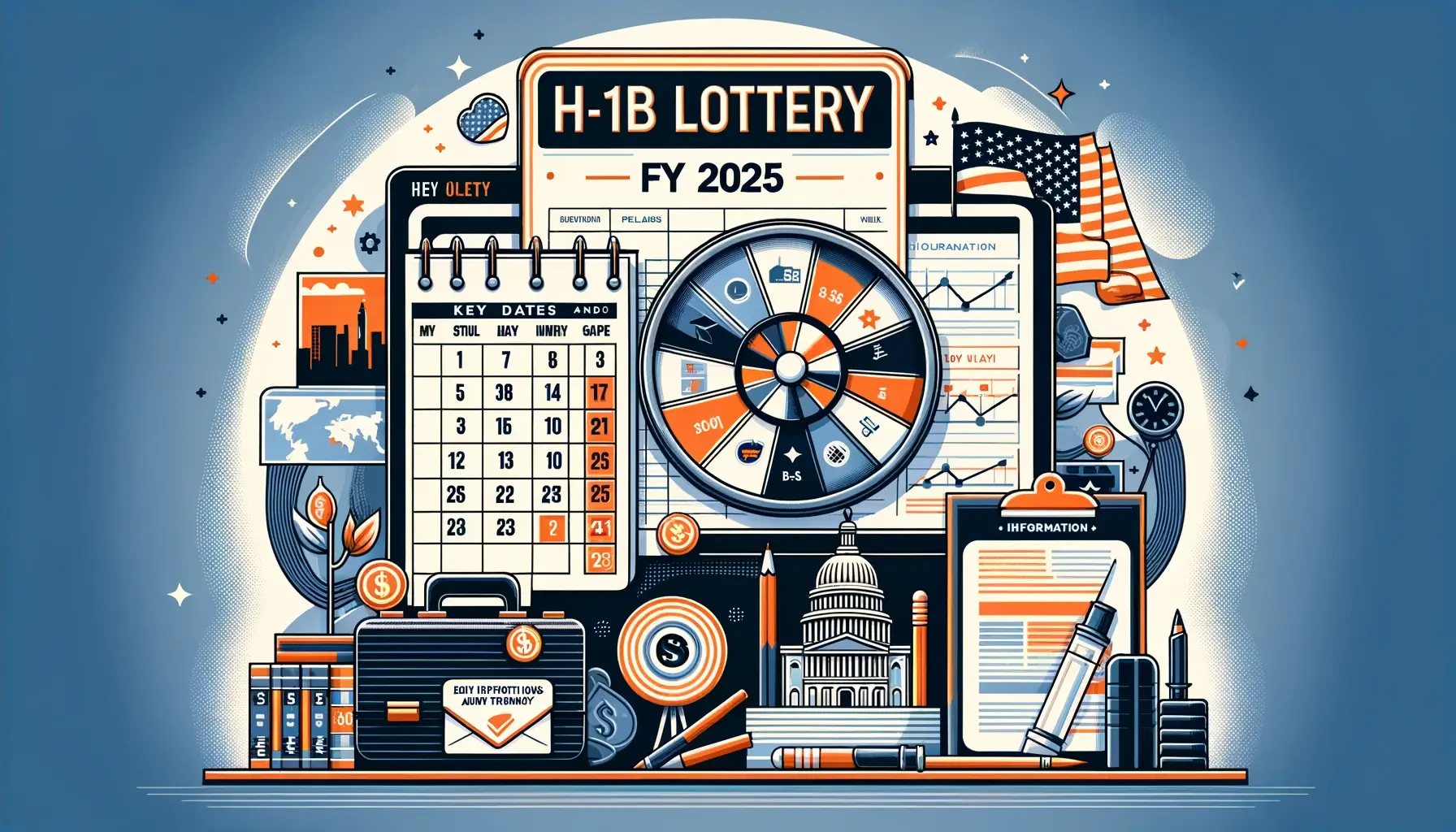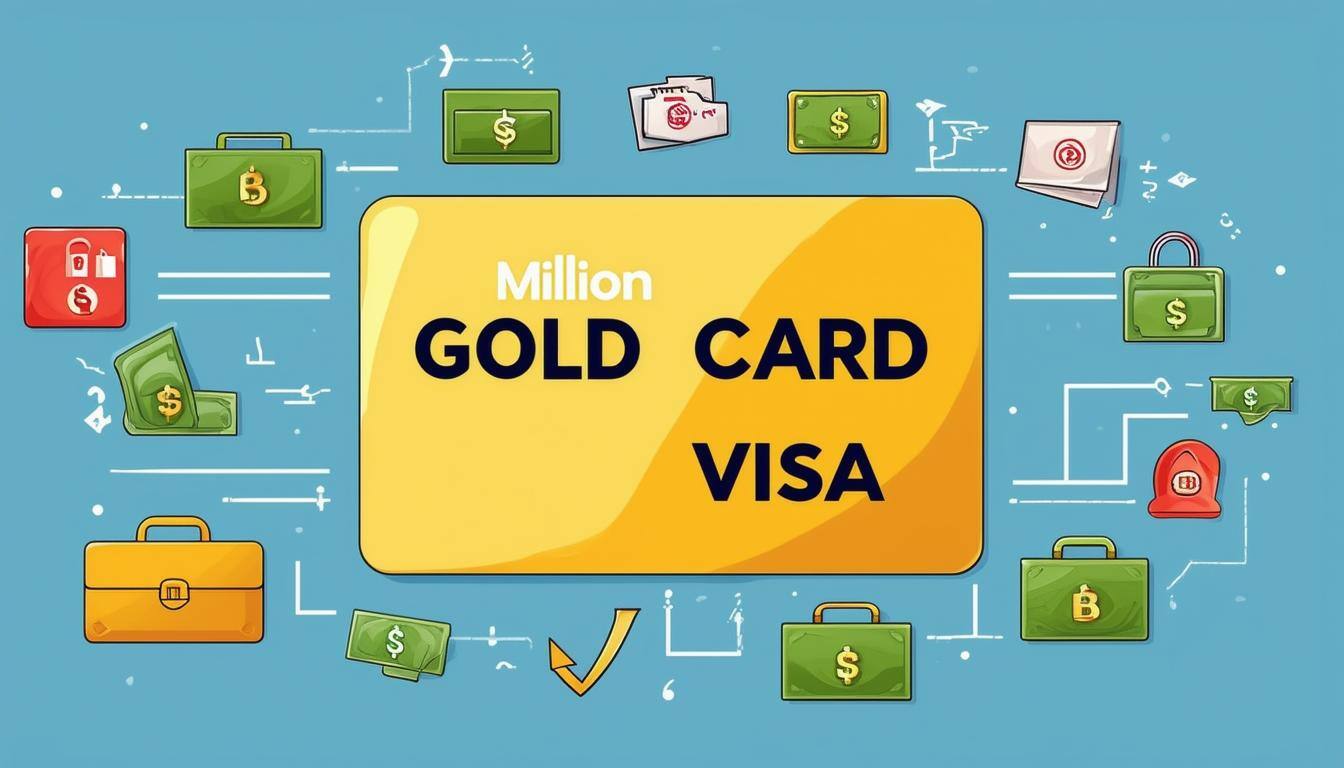Introduction to H1B Employer Blacklist
The Department of Labor (DOL) periodically releases an H1B employer blacklist, aimed at keeping companies in check regarding compliance with labor and immigration laws. This list, accessible to the public, names employers who have allegedly violated the rules and regulations pertaining to H1B visa holders. These employers are unable to submit H-1B petitions for foreign employees within the time limit specified by the DOL. If a company is on this blacklist, it indicates that they have previously violated labor laws or committed H1B fraud. Furthermore, being on this blacklist means that you will not be able to apply for the Labor Condition Application (LCA), which is a crucial first step in the H1B process.
List of H1B Disqualified Employers
| Employer Name | Willful Violator | Debarment Period |
| Bonzer, LLC | Yes | 9/4/2023 to 9/3/2025 |
| BER-IT, Inc. | Yes | 9/4/2023 to 9/3/2025 |
| Broadgate, Inc. | Yes | 6/21/2022 to 6/20/2024 |
| Macks USA, Inc. and Mujeeb Rahman, Individually | Yes | 5/24/2023 to 5/23/2025 |
| Packet One, LLC | Yes | 5/17/2023 to 5/16/2025 |
| Spate Business Solutions, LLC | No | 10/26/2021 to 10/25/2023 |
| Virtulytix, Inc. | Yes | 3/15/2023 to 3/14/2025 |
Last Updated on October 1, 2023.
Immediate and Long-term Impact
Being listed on the H1B employer blacklist can create a ripple of immediate consequences for companies, notably tarnishing their reputation and potentially impacting partnerships and client relations. For H1B visa holders and applicants, this might mean a precarious employment situation and a potential re-evaluation of their career paths in the U.S. Long-term impacts could include companies facing challenges in attracting global talent and individuals becoming wary of U.S. employment opportunities.
Navigating the Blacklist as Employees
- Employees and Job Seekers: If your employer is listed, it’s advisable to stay informed about your rights, seek legal counsel if necessary, and potentially explore alternate employment opportunities to safeguard your career in the U.S. Be vigilant in vetting future employers by staying abreast of DOL updates and industry news.
Future Strategies
- Be proactive in managing your career by staying informed about the market, policy changes, and potential red flags regarding employers. Regularly check updates from the DOL and consider diversifying your skill set to enhance employability amidst changing landscapes.
Conclusion
The H1B employer blacklist, while aimed at safeguarding rights and ensuring compliance, brings with it a cascade of implications for both employers and employees. Staying informed, adopting transparent practices, and being proactive in navigating career and organizational paths are pivotal in successfully adapting to this regulatory measure.
We have officially launched the Forum! Once you register, you will get $10! Feel free to share your strategies and discuss your struggles with peers!
You May Also Like
These Related Stories

H-1B Lottery 2026 FY Cap Initial Registration Opens on March 7

The H-1B Lottery Season for FY 2025 is Coming : Here's Everything You Should Know

No Comments Yet
Let us know what you think